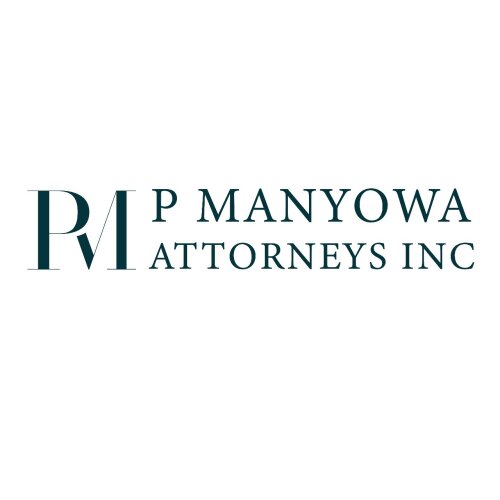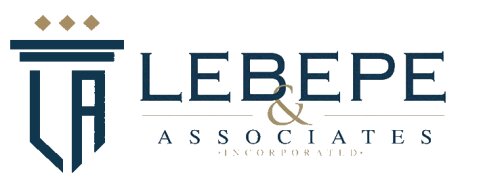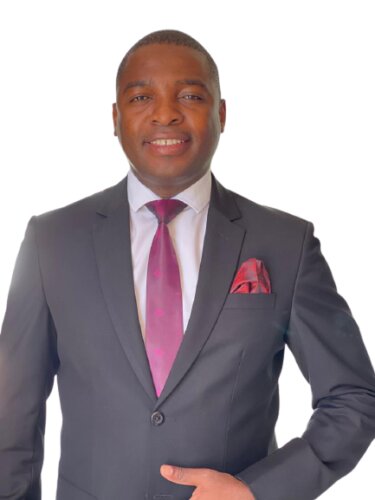Best Juvenile Law Lawyers in Polokwane
Share your needs with us, get contacted by law firms.
Free. Takes 2 min.
List of the best lawyers in Polokwane, South Africa
About Juvenile Law in Polokwane, South Africa
Juvenile Law in Polokwane is a specialized field that deals with legal matters involving minors, typically those under the age of 18. In South Africa, the juvenile justice system is governed by the Child Justice Act of 2008, which aims to handle cases involving young offenders in a manner that aligns with their developmental needs and rights. This includes diverting juveniles away from formal judicial procedures when possible, providing rehabilitation, and ensuring their reintegration into society. The system also seeks to protect the best interests of the child, taking into account their age, maturity, and individual circumstances.
Why You May Need a Lawyer
There are several scenarios in which individuals may require legal assistance in the context of Juvenile Law in Polokwane:
- If a minor has been accused of committing an offense, legal guidance is crucial to navigate the juvenile justice system effectively.
- When there are disputes regarding the guardianship or custody of a child, especially if it involves allegations of neglect or abuse.
- In cases where a child's rights need to be defended in situations involving school disciplinary actions, employment violations, or social services interventions.
- For assistance with appeals or reviews of decisions made by the courts concerning minors.
- When seeking advice on the impact of juvenile records on future opportunities and the processes for expungement if eligible.
Local Laws Overview
The Child Justice Act is the principal legislation concerning juveniles in South Africa. Key aspects include:
- Age of Criminal Capacity: Children under the age of 10 are deemed incapable of committing criminal offenses. Those aged between 10 and 14 are presumed incapable unless proven otherwise.
- Assessment: Arrested minors are required to undergo an assessment by a probation officer to determine an appropriate course of action.
- Diversion Programs: These are measures aimed at diverting minors from formal court procedures, focusing on rehabilitation rather than punishment.
- Pre-trial Detention: Minors should only be detained as a last resort and for the shortest appropriate period.
- Legal Representation: Juveniles have the right to legal representation, and the court must ensure legal assistance is provided if the child cannot afford it.
Frequently Asked Questions
What is the age of criminal responsibility in South Africa?
The age of criminal responsibility in South Africa begins at 10 years, with those under this age being deemed incapable of committing a crime.
What happens when a child is accused of committing an offense?
An accused minor will be assessed by a probation officer to determine suitable interventions, which may include diversion programs or, in more severe cases, court proceedings.
How are juvenile records handled?
Juvenile records are not public and are generally expunged when the individual turns 18, provided they meet certain conditions set by the law.
Can a minor be tried as an adult?
This is highly uncommon and would typically only occur in extreme cases, such as severe violent crimes, where it is deemed in the interest of justice.
What rights do minors have during the legal process?
Minors have a right to legal representation, and to have their cases handled in a manner that respects their age and development, focusing on rehabilitation and reintegration.
What support is available for rehabilitating young offenders?
Various programs focus on education, skills development, and psychological support to help rehabilitate young offenders and reintegrate them into society.
Is it possible to divert a case away from the court system?
Yes, diversion is a key component, focusing on interventions like counseling, educational programs, and community service instead of judicial proceedings.
What steps should I take if my child is arrested?
Seek legal assistance immediately to ensure the rights of the child are protected and to gain guidance on navigating the legal processes involved.
How does the system ensure the best interests of the child?
The juvenile justice system prioritizes the best interests of the child by promoting rehabilitation and considering their specific needs and circumstances.
Are parents or guardians involved in the legal process?
Yes, parents or guardians are typically involved throughout the process to support the child and make decisions in their best interest alongside legal counsel.
Additional Resources
Here are some resources and organizations that can provide assistance or more information about Juvenile Law in Polokwane:
- Legal Aid South Africa: Offers legal assistance to those who cannot afford it, including cases involving minors.
- South African Human Rights Commission: Provides guidance on rights violations relating to children.
- Department of Social Development: Offers various services aimed at supporting the welfare of children.
- Child Welfare South Africa: An organization focused on the care and protection of children, providing assistance with legal processes.
Next Steps
If you need legal assistance concerning Juvenile Law in Polokwane, consider taking the following steps:
- Contact a legal professional who specializes in juvenile law to discuss your case and obtain specific legal advice.
- Reach out to Legal Aid South Africa if you need affordable legal services or cannot afford a lawyer.
- Engage with local community organizations or support groups that offer guidance and support for families dealing with juvenile legal issues.
- Stay informed about your rights and the proper legal procedures to ensure the well-being and fair treatment of the minor involved.
Lawzana helps you find the best lawyers and law firms in Polokwane through a curated and pre-screened list of qualified legal professionals. Our platform offers rankings and detailed profiles of attorneys and law firms, allowing you to compare based on practice areas, including Juvenile Law, experience, and client feedback.
Each profile includes a description of the firm's areas of practice, client reviews, team members and partners, year of establishment, spoken languages, office locations, contact information, social media presence, and any published articles or resources. Most firms on our platform speak English and are experienced in both local and international legal matters.
Get a quote from top-rated law firms in Polokwane, South Africa — quickly, securely, and without unnecessary hassle.
Disclaimer:
The information provided on this page is for general informational purposes only and does not constitute legal advice. While we strive to ensure the accuracy and relevance of the content, legal information may change over time, and interpretations of the law can vary. You should always consult with a qualified legal professional for advice specific to your situation.
We disclaim all liability for actions taken or not taken based on the content of this page. If you believe any information is incorrect or outdated, please contact us, and we will review and update it where appropriate.













